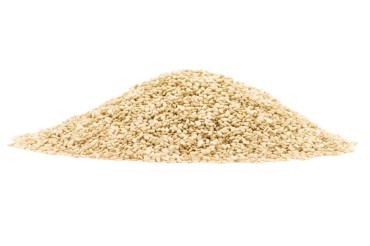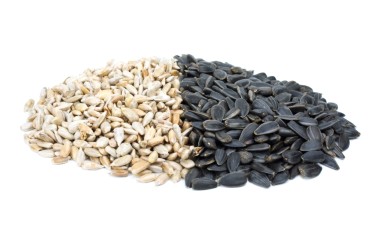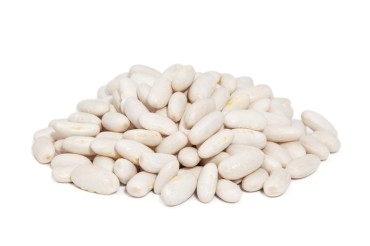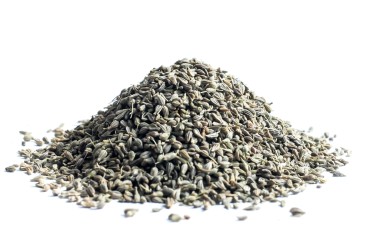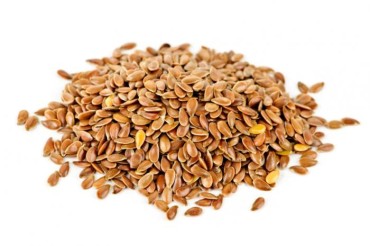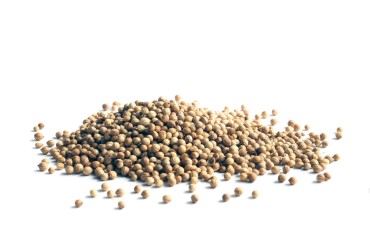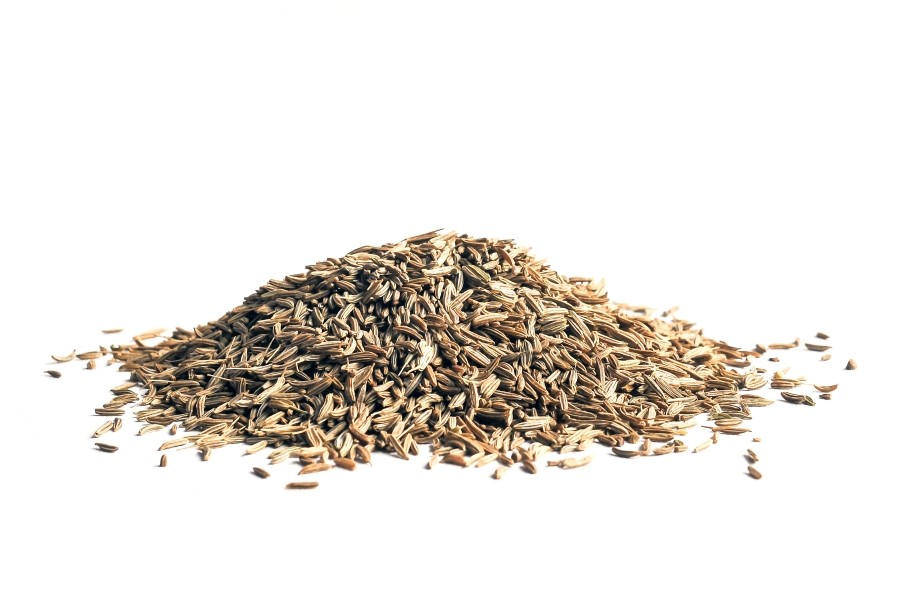
Overview
The Cumin Seed plant is related to parsley and is indigenous to the Mediterranean region. These seeds have pungent lemon flavours to them and are most often used in ground form. It is a very fundamental ingredient in Middle Eastern and Indian cooking and makes it a favourite seasoning in several ethnic cuisines.
Common Uses
Ground cumin seeds are very often used in Spanish, Mexican, Middle Eastern and Mediterranean cookpots. It is added in bean stews, vegetable stews, lentils, dahls and tomato-based sauces. In Europe cumin seeds are very regularly added to breads, such as breadsticks and cornbread. In India it is almost always a component of a good curry – in fact it is part of garam masala. Cumin can also be used to flavour cheeses.
Recommended Storage
The most important point is that dried herbs and spices can never go bad if they are kept dry. Yes, the potency is lost, but it will still influence the flavor of your cooking.
Seeds, roots, leaves and flowers last longer than crushed or ground herbs and spices. When you are preparing to store your dry herbs and spices it is vital that they are completely dry. A good indication is to rub it with your finger to check if it crumbles. As oxygen degrades dried herbs and spices over time, you should store them in airtight containers. Glass jars with sealable lids are perfect, and so are metal tins. Plastic won’t do for long terms storage. Sunlight also degrades dried herbs and spices; therefore, it should be stored in a dark cabinet that is both cool and dry. If your spice rack is near the stove or cooker, steam will degrade your herbs and spices each time you open the container while cooking. When buying in bulk, you should always store only some of the dried herbs and spices in a glass or metal container. Each time you open it, it is exposed to the elements. When buying in bulk it is useful to label your containers with the purchase date and discard date.
- Purity:
99% pure cumin with expected little cumin stems cleaned from any foreign material - Packaging:
25kg in polypropylene bags or paper bags as per request

